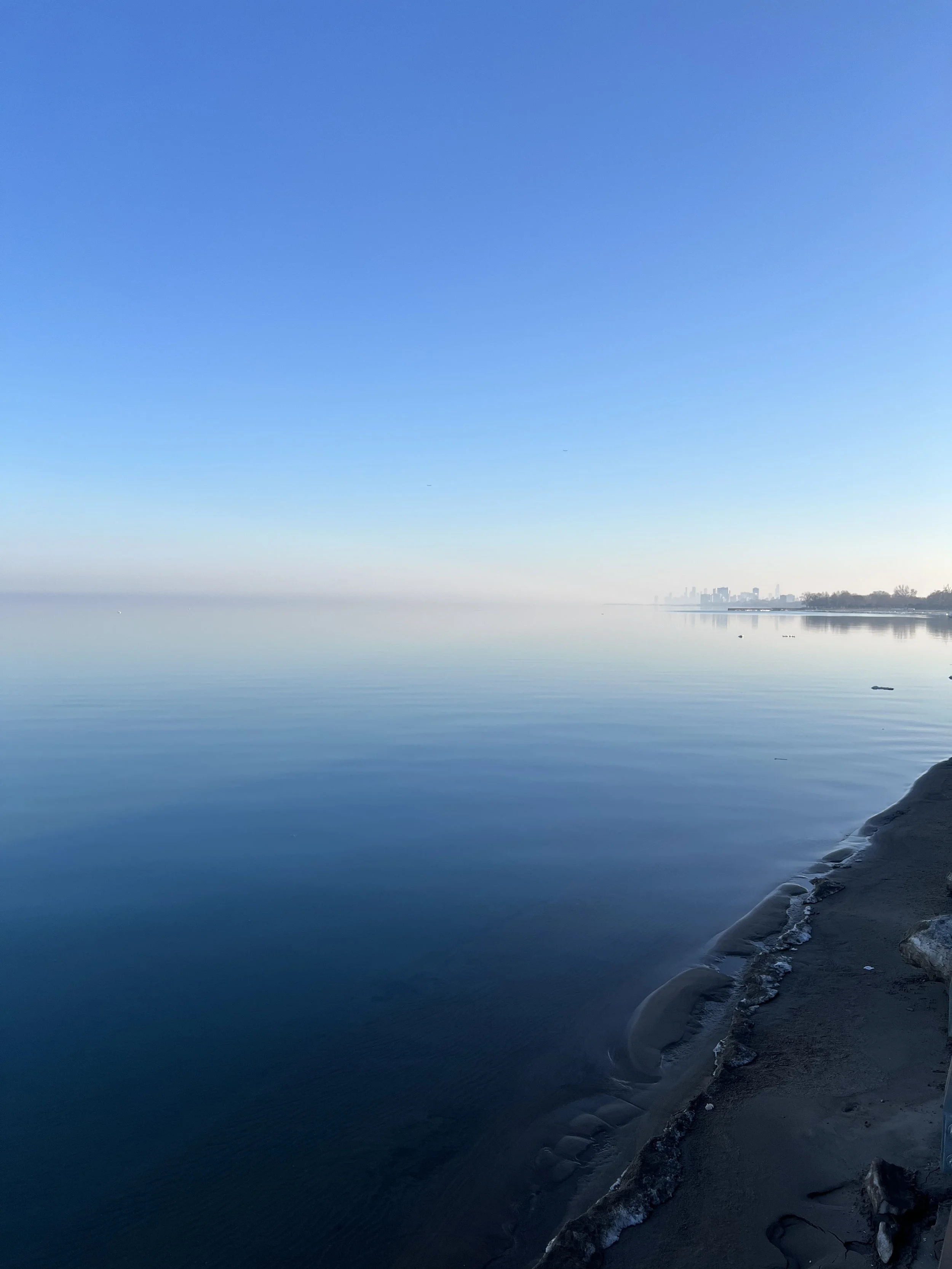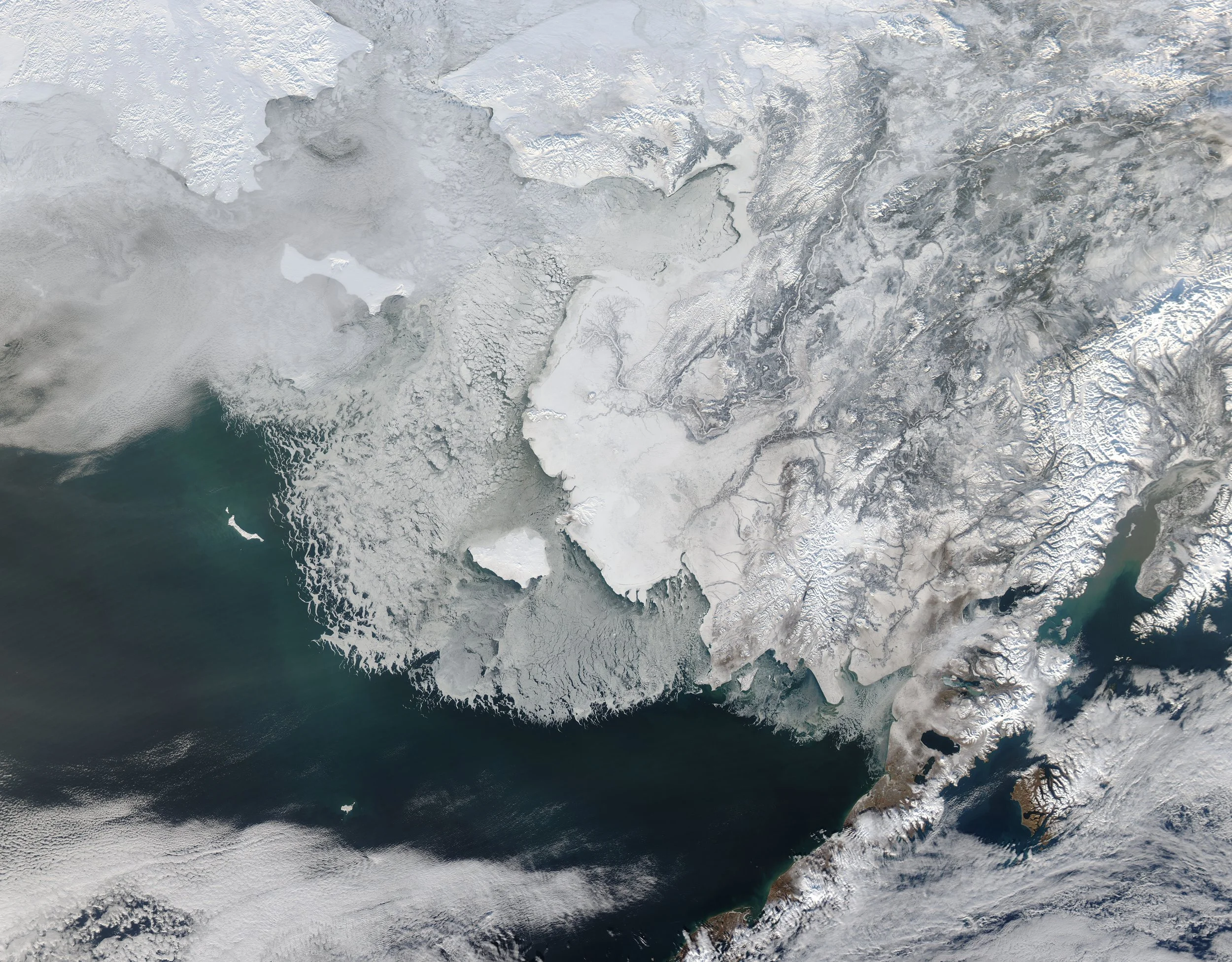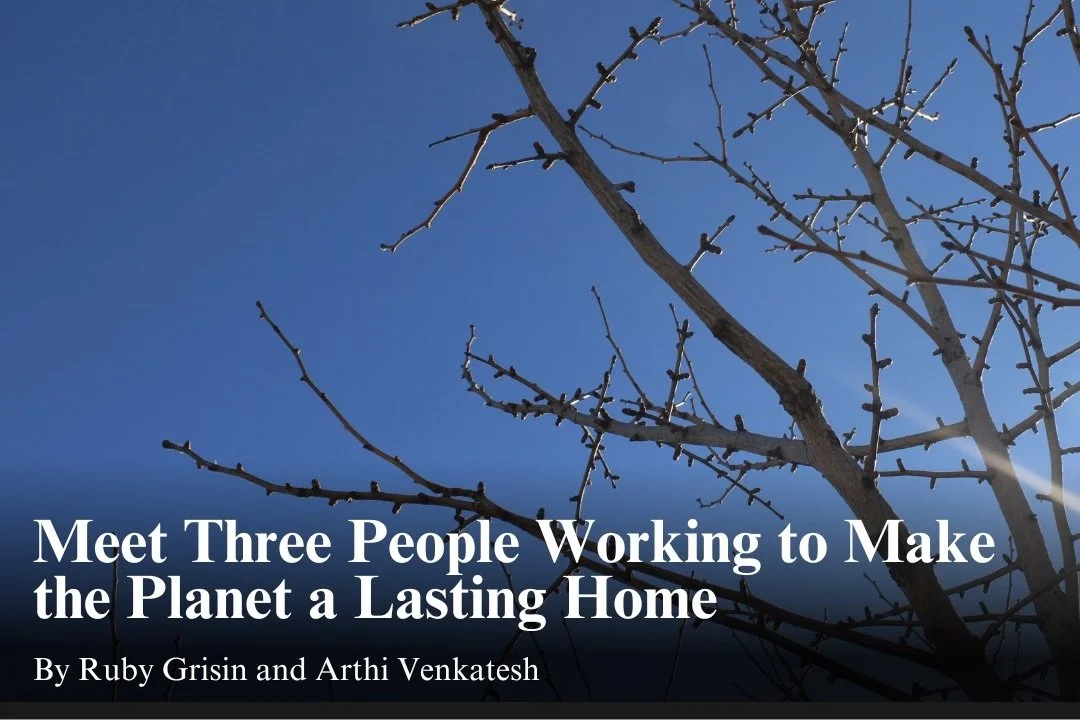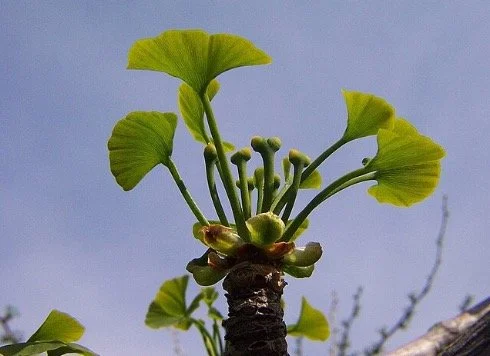

NEWS
All Articles
The Trump Administration Won’t Acknowledge Native Alaskans. We Must.
Facing federal budget cuts, layoffs, and deregulation of environmental protections, Author Reed Zimmerman describes how the structure and scope of the EPA changed so far during President Trump's second term in office.
Learn more about how students can foster more sustainable habits on-campus from writer Coco Yang.
Learn more about how Matt Boulton and fellow student advocates contributed to current University policy on waste diversion at Northwestern.
SB1513—the Disposable Food Service Container Act—sponsored by State Senator Laura Fine (D-09), was not called to the floor before the end of spring legislative session. If passed, the act would have phased out foam containers by 2030, giving businesses and institutions nearly six years to transition to safer, more sustainable alternatives. The bill is expected to return in January. Learn more about the harms of polystyrene foam and what you can do to help in this story by Samantha Alvarez.
Through its groundbreaking exhibit “Woven Being,” Northwestern’s Block Museum foregrounds the voices of Indigenous artists from Zhegagoynak/Chicagoland, challenging reductive stereotypes with place-based, contemporary work rooted in deep cultural history. The exhibit reclaims narrative power, inviting viewers to reflect on the enduring presence, evolving practices and future of Indigenous communities in the region.
After overcoming years of community opposition, Patriot Acres in Des Plaines has entered its first full year of operations, rapidly expanding its composting facility to recycle organic waste, reduce greenhouse gas emissions, support local agriculture, and help build a sustainable, job-creating ecosystem in Illinois. Rhiannon O’Berry dives deep into the facility’s history and current operations.
Staffer and assistant editor Cate Bouvet explores the complex impact Trump’s policies have on Evanston’s local climate policies, and how local groups are working to further climate initiatives.
Contributor Meadow Neubauer-Keyes recounts a transformative canoe journey through Northern Michigan that deepened her connection to Indigenous traditions and underscores the urgent need to prioritize Indigenous knowledge in protecting the Great Lakes and combating the climate crisis.
Chicago residents react to President Trump’s lifting of a plastic straw ban in federal buildings. The true impact of plastic straw use and how Chicagoland fights back.
FEATURES
All Articles
The Trump Administration Won’t Acknowledge Native Alaskans. We Must.
Learn more about how students can foster more sustainable habits on-campus from writer Coco Yang.
Learn more about how Matt Boulton and fellow student advocates contributed to current University policy on waste diversion at Northwestern.
Contributor Meadow Neubauer-Keyes recounts a transformative canoe journey through Northern Michigan that deepened her connection to Indigenous traditions and underscores the urgent need to prioritize Indigenous knowledge in protecting the Great Lakes and combating the climate crisis.
Chicago residents react to President Trump’s lifting of a plastic straw ban in federal buildings. The true impact of plastic straw use and how Chicagoland fights back.
Meet three people in diverse environmentally focused careers making a difference in their respective fields.
Plant Futures may be the newest club on Northwestern’s sustainability scene, but it’s already making big moves. See how founder and president Sam Rappin combines passion with profession to make a difference in the world of plant-based food.
Jade Sasser’s book provides a talking point for the inequalities wrapped up inside climate advocates’ population argument.
Feel your hay fever worsening when you’re on campus? Northwestern’s selective tree-planting practices may be to blame. Find out more about “botanical sexism” and what it means for urban environments.
How one Northwestern course offers students a chance to tap trees, collect sap and cook their own maple syrup.




























